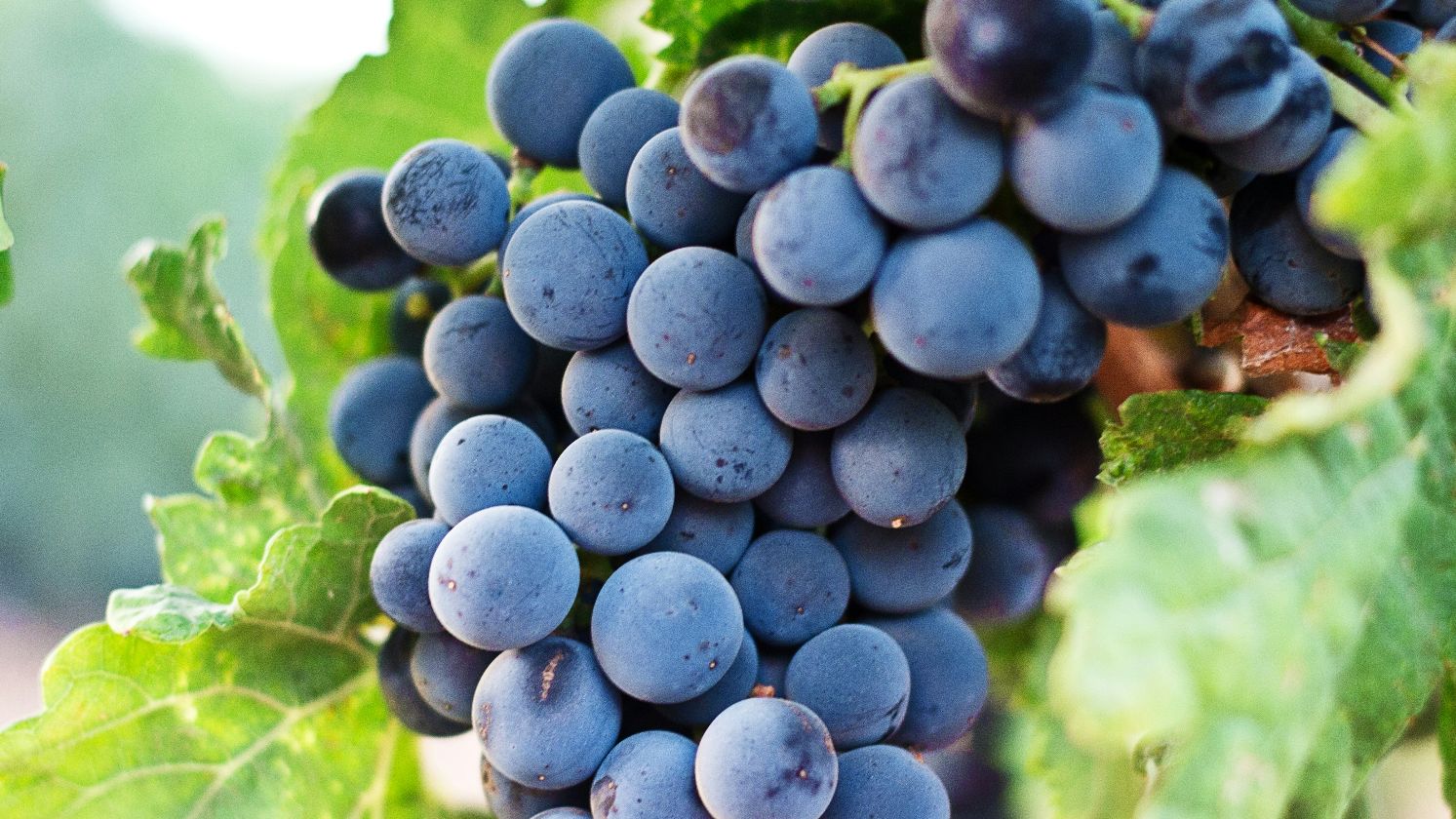10 Iron-Rich Foods That Should Be Included in Your Diet & 10 That Shouldn't Be
10 Iron-Rich Foods That Should Be Included in Your Diet & 10 That Shouldn't Be
Iron is a crucial mineral that plays a vital role in our body. It's essential in the production of hemoglobin, a protein in red blood cells that carries oxygen from our lungs to the rest of the body. Ensuring you have enough iron in your diet can prevent anemia and keep your energy levels high. So if you're finding yourself tired and lacking in energy, it might be worth it to check out your iron levels. Here, we'll guide you to iron-rich foods that you should definitely include in your diet... and some that you should avoid.
1. Spinach
Spinach is a powerhouse of nutrients and is known for being extremely rich in iron. One cup of cooked spinach contains more iron than a 6-ounce piece of chicken. This leafy green is also packed with vitamin C, which can help your body absorb iron more effectively. Plus, it's incredibly versatile - blend it into smoothies, toss it into salads, or simply sauté it with garlic for a quick side dish.
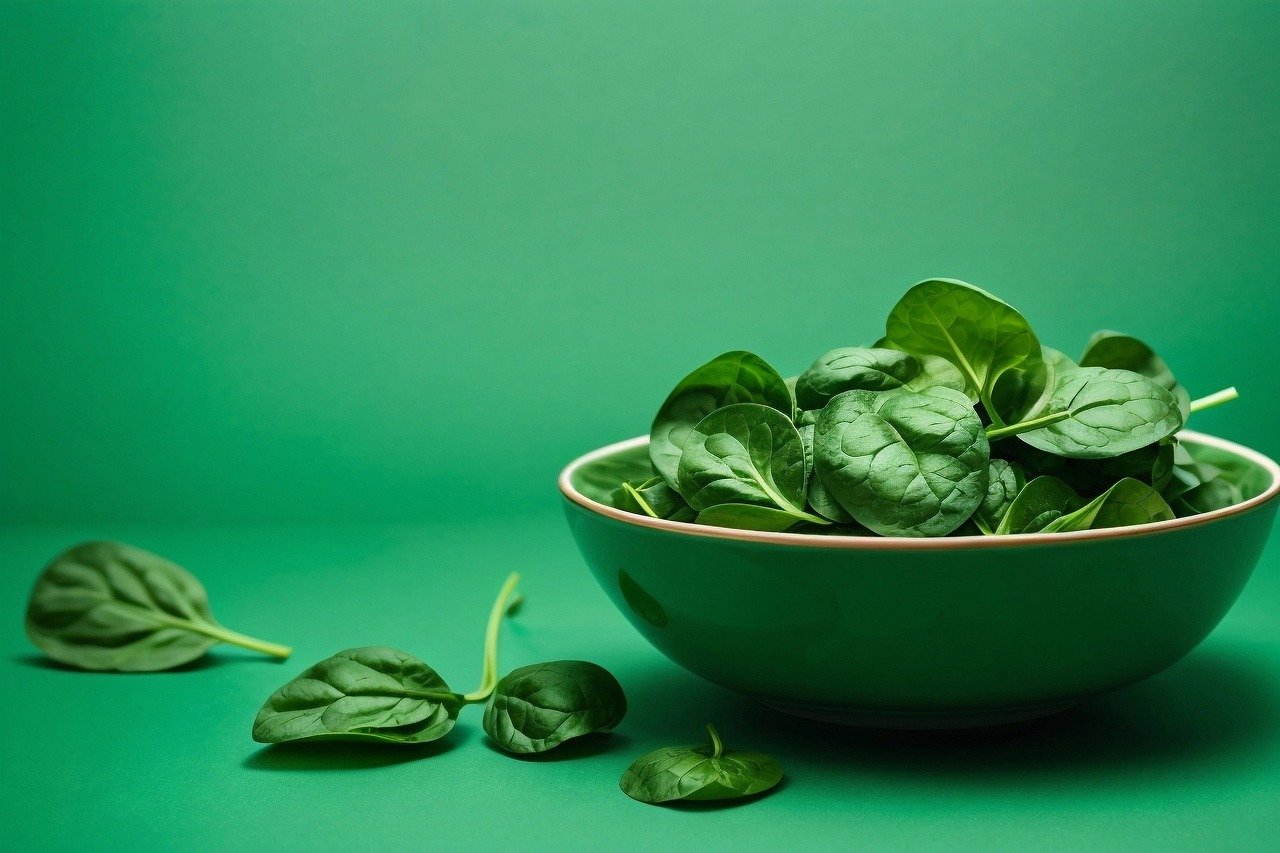 Image by izhar ahamed from Pixabay
Image by izhar ahamed from Pixabay
2. Lentils
Lentils are not only a great source of iron but also provide a pretty hefty dose of protein. This is probably why vegans and vegetarians love them so much! One cup of cooked lentils contains more iron than a steak. They're also rich in dietary fibre, which supports digestive health. Lentils can be used in a variety of dishes, from soups and stews to salads and curries.
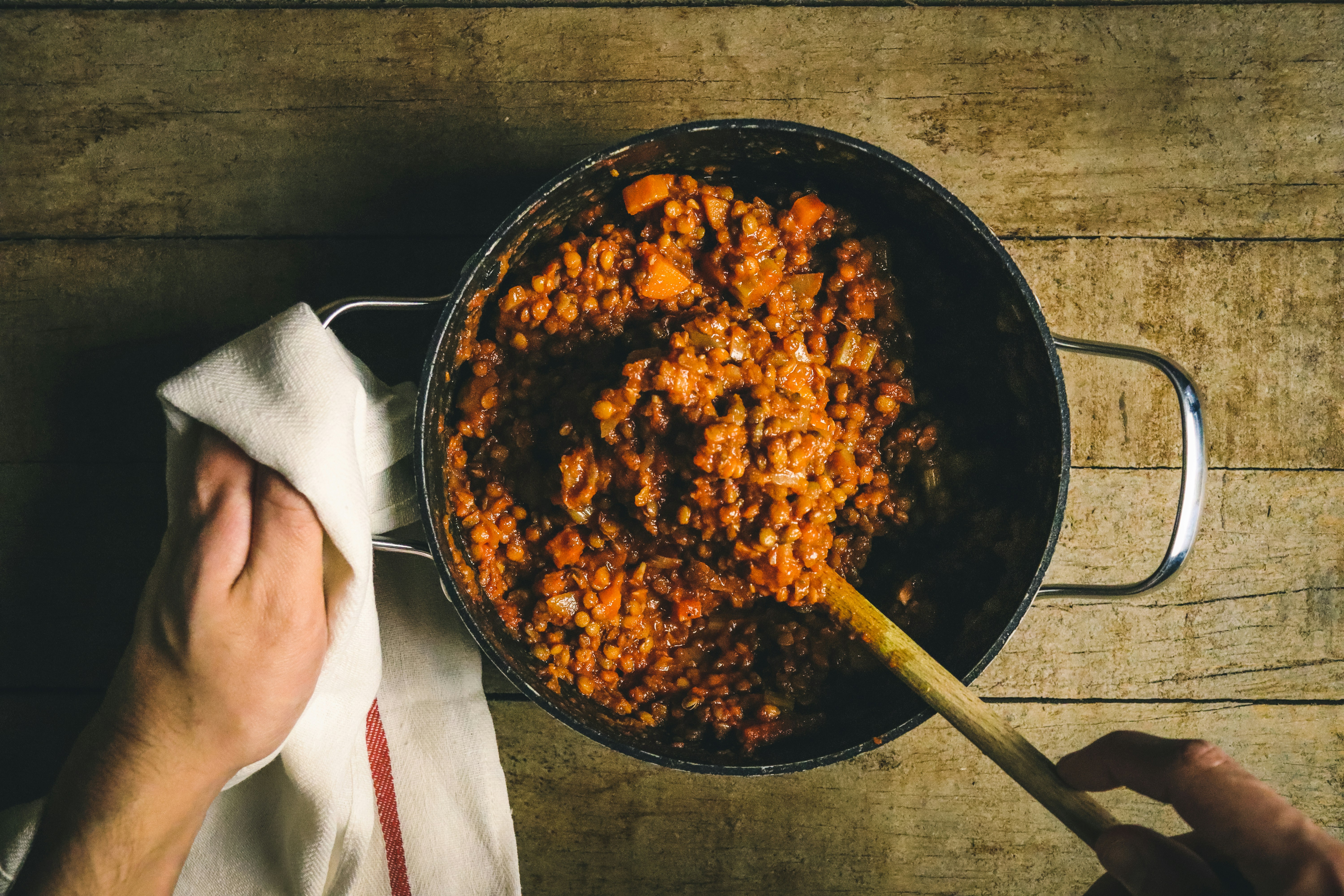 Photo by Frédéric Dupont on Unsplash
Photo by Frédéric Dupont on Unsplash
3. Quinoa
Quinoa might be small, but it's mighty when it comes to iron content. This gluten-free grain contains more iron per serving than brown rice. Additionally, it's a complete protein, offering all nine essential amino acids your body needs. Quinoa is perfect as a base for bowls, salads, or as a side dish flavoured with herbs and spices.
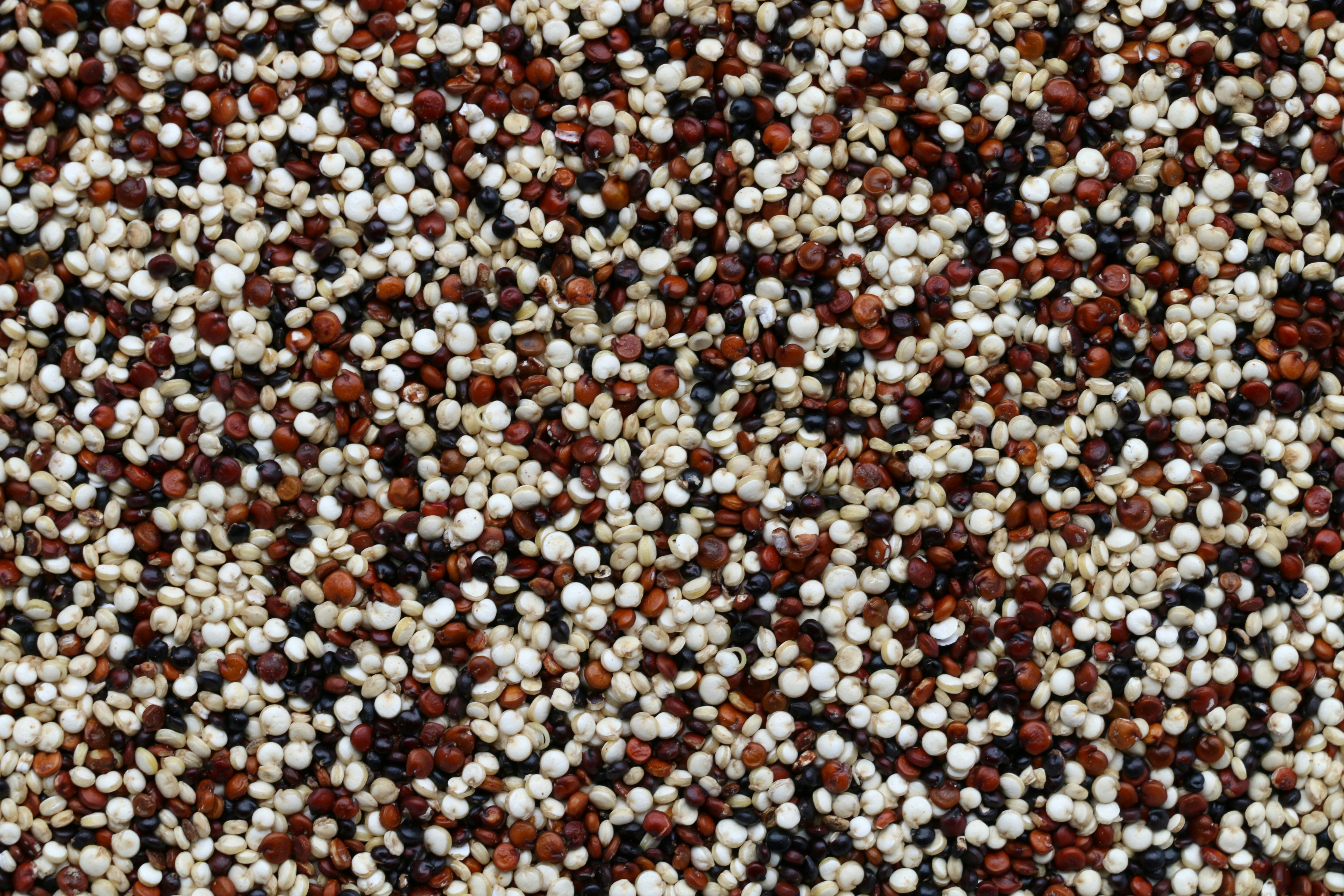 Photo by Pierre Bamin on Unsplash
Photo by Pierre Bamin on Unsplash
4. Beef
Beef is one of the most well-known sources of iron. A 3-ounce serving of beef provides almost 3 mg of iron. Besides iron, beef is also a great source of protein and vitamin B12, which is important for brain health. Whether you prefer it grilled, roasted, or slow-cooked, beef is a versatile meat option that can be used in many ways.
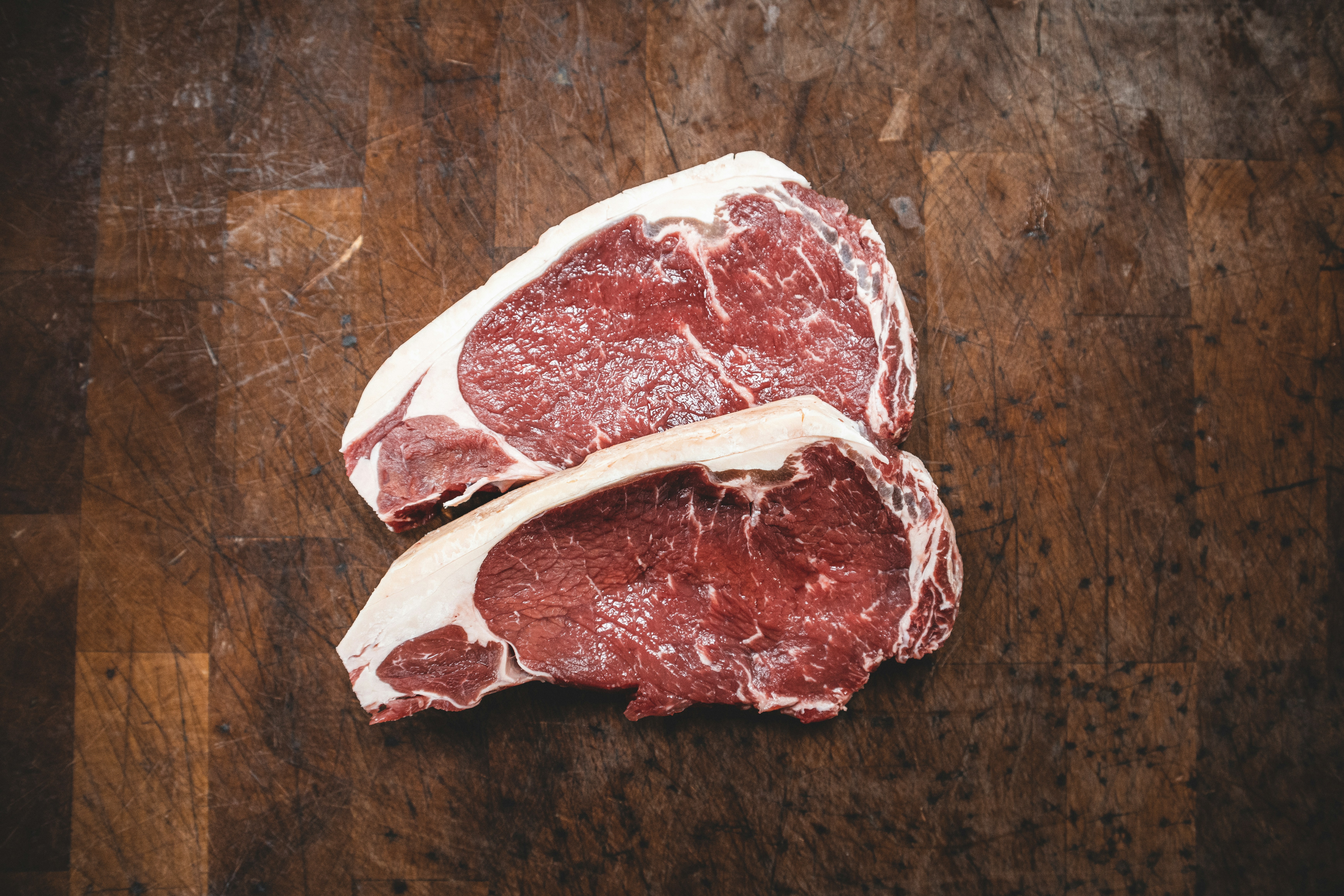 Photo by Kyle Mackie on Unsplash
Photo by Kyle Mackie on Unsplash
5. Chickpeas
Chickpeas, also known as garbanzo beans, are a fantastic vegetarian source of iron. A cup of cooked chickpeas can offer about 4.7 mg of iron. They're also packed with protein, fibre, and several key vitamins and minerals. Chickpeas can be tossed in salads, blended into hummus, or roasted for a crunchy snack.
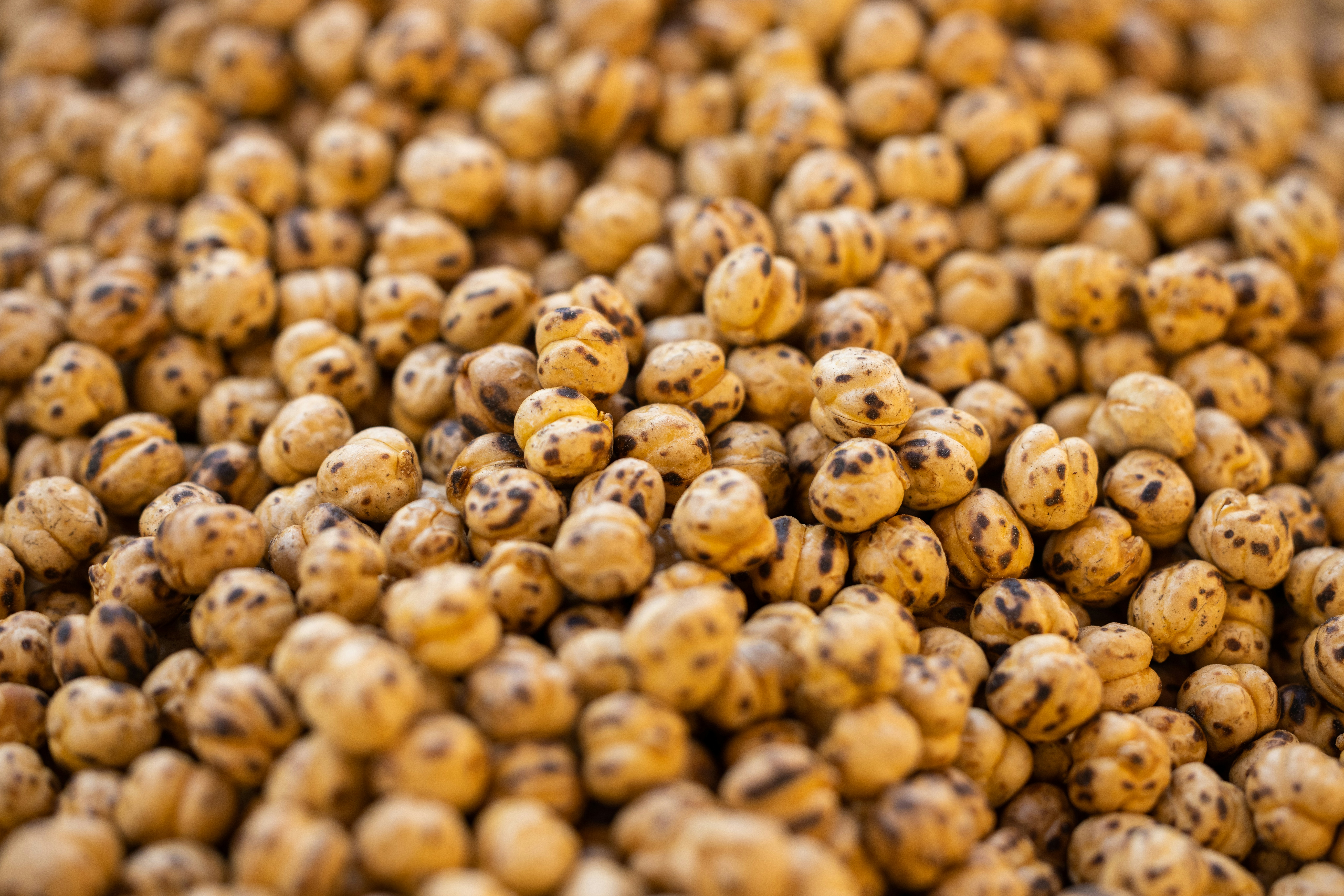 Photo by engin akyurt on Unsplash
Photo by engin akyurt on Unsplash
6. Pumpkin Seeds
Just a small handful of pumpkin seeds can provide a significant portion of your daily iron needs. These seeds are also rich in magnesium, zinc, and healthy fats. Add them to your morning oatmeal, sprinkle on top of salads, or simply munch on them roasted for a midday snack.
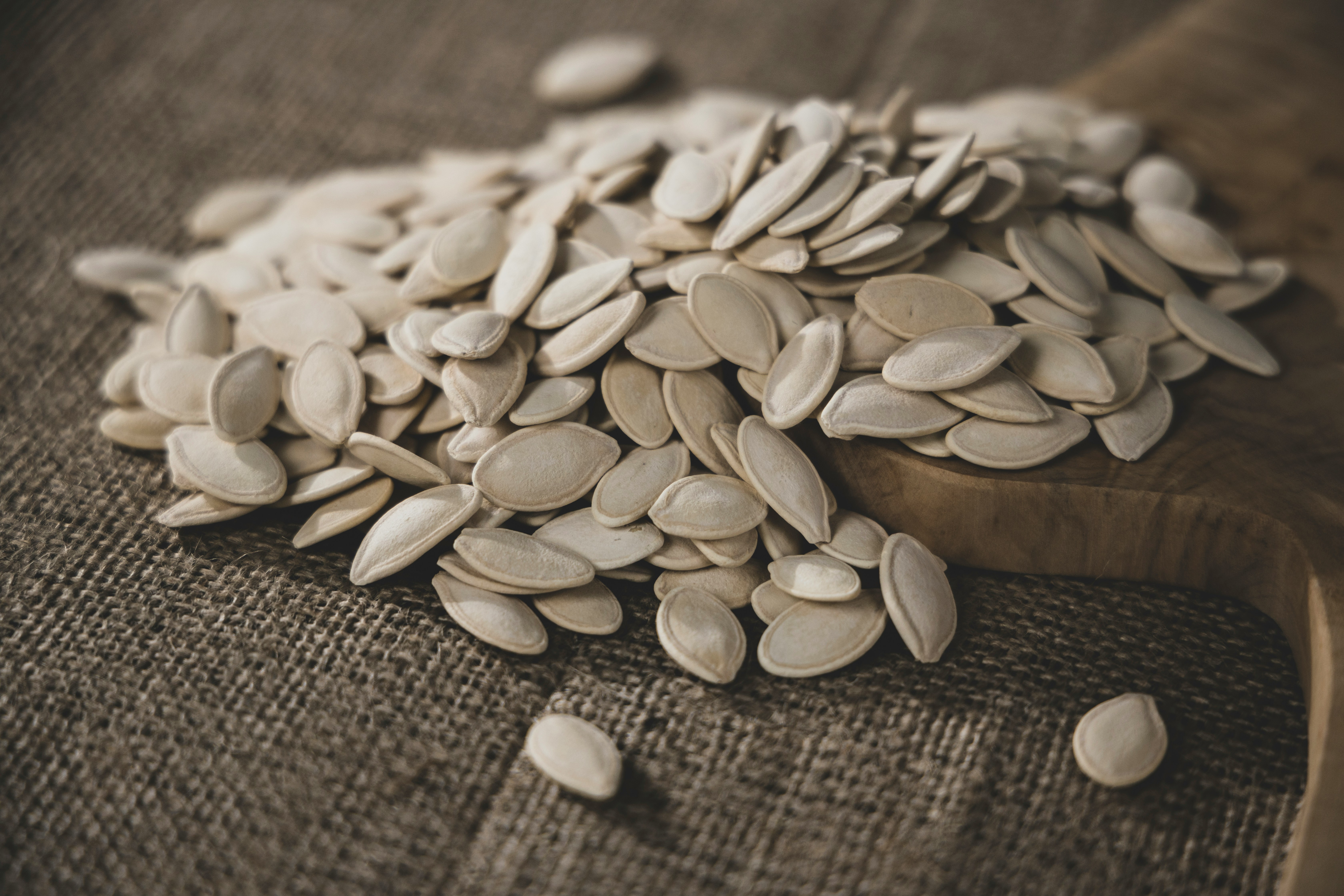 Photo by engin akyurt on Unsplash
Photo by engin akyurt on Unsplash
7. Tofu
Tofu is a soy-based product that's a staple in vegetarian and vegan diets, not just for its protein content but also for its iron. Half a cup of tofu can contain up to 3 mg of iron. It's also a good source of calcium and magnesium. Tofu's versatility makes it the perfect staple food for people who don't eat or like meat.
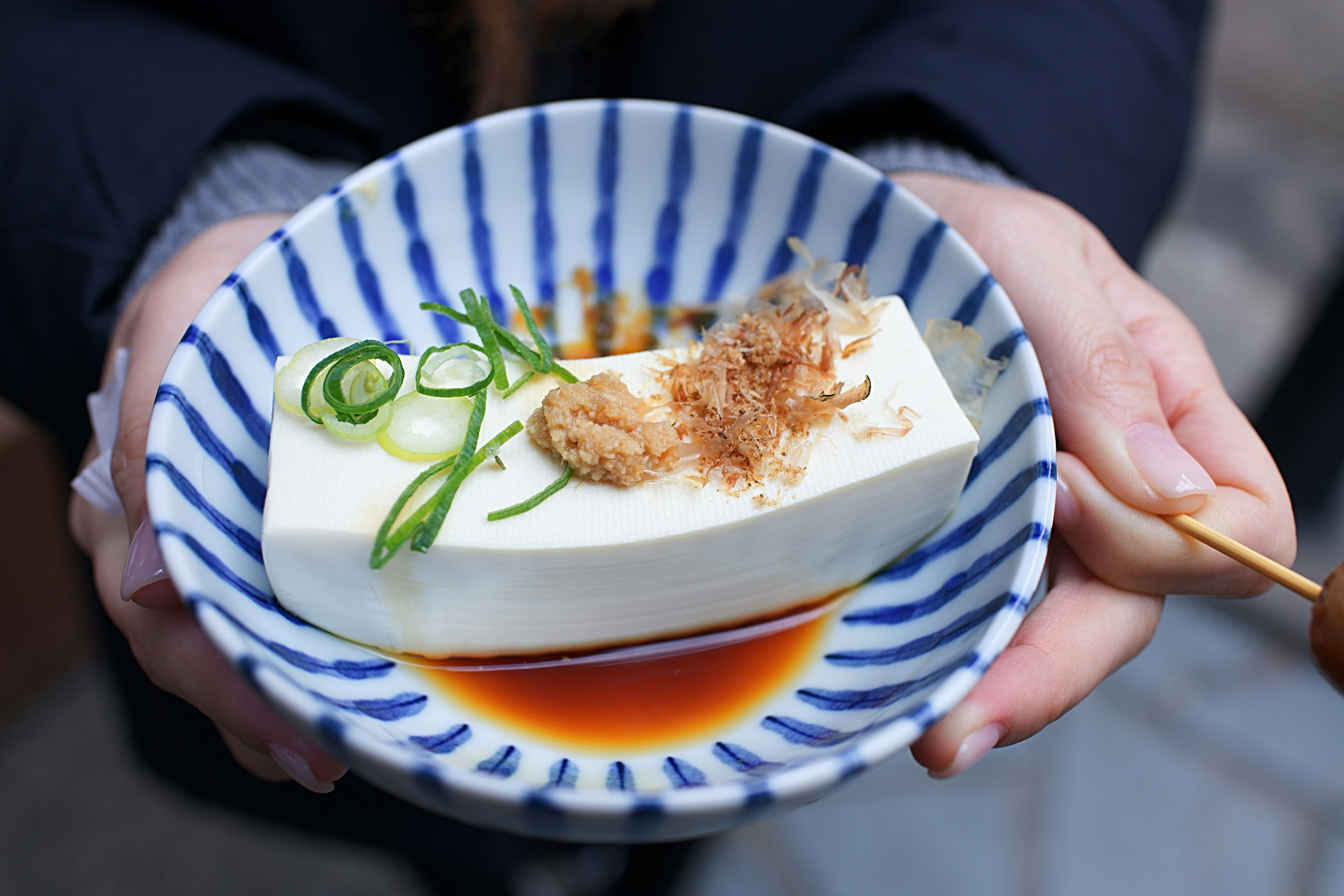 Photo by Sherman Kwan on Unsplash
Photo by Sherman Kwan on Unsplash
8. Dark Chocolate
Dark Chocolate is a delicious treat that's surprisingly good for you, thanks to its iron content. Just one ounce can provide about 3.3 mg of iron. Enjoy it in moderation as a sweet way to boost your iron intake.
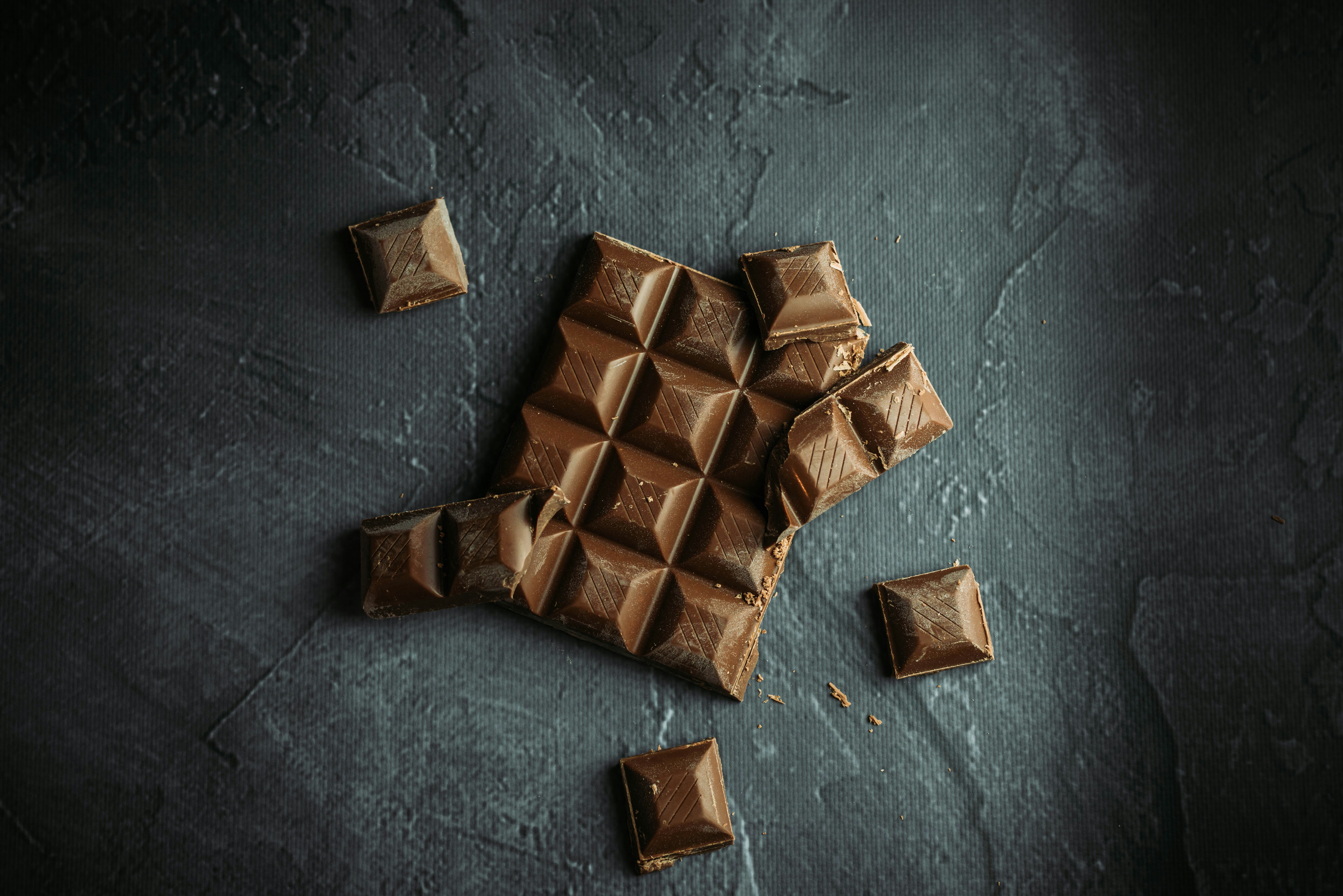 Photo by Tamas Pap on Unsplash
Photo by Tamas Pap on Unsplash
9. Turkey
Turkey, particularly the dark meat, is a good source of iron. A 3.5-ounce serving of dark turkey meat provides about 1.4 mg of iron. It's also an excellent source of protein and several B-vitamins. Turkey can be roasted, grilled, or used in ground form for burgers and meatballs.
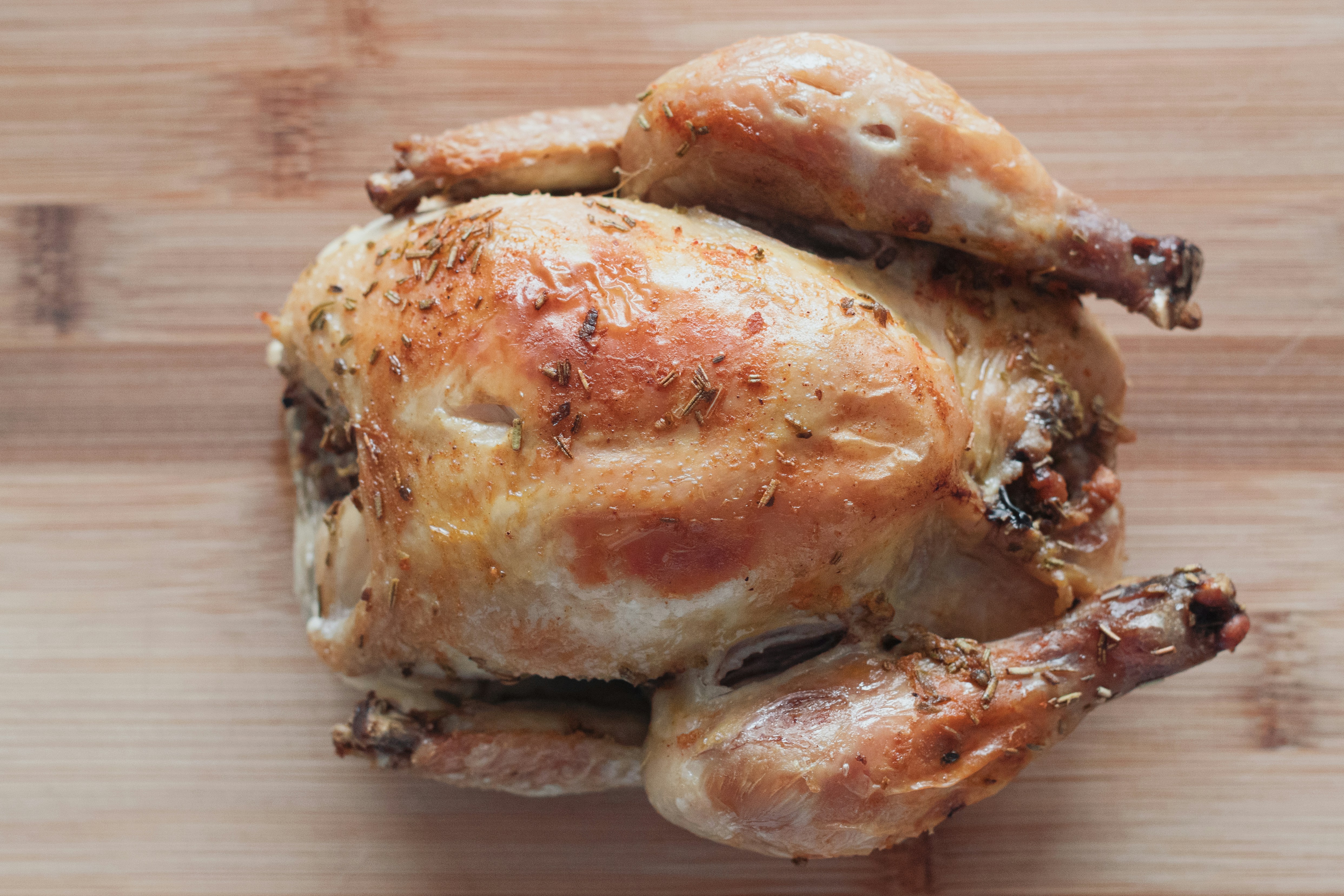 Photo by Tofan Teodor on Unsplash
Photo by Tofan Teodor on Unsplash
10. Broccoli
Broccoli is not only rich in iron but also full of vitamin C, which enhances iron absorption. A single cup of cooked broccoli provides roughly 1 mg of iron. It's also a great source of fiber and vitamins K and C. Broccoli can be enjoyed steamed, roasted, or raw in salads and is a great addition to your iron-rich diet.
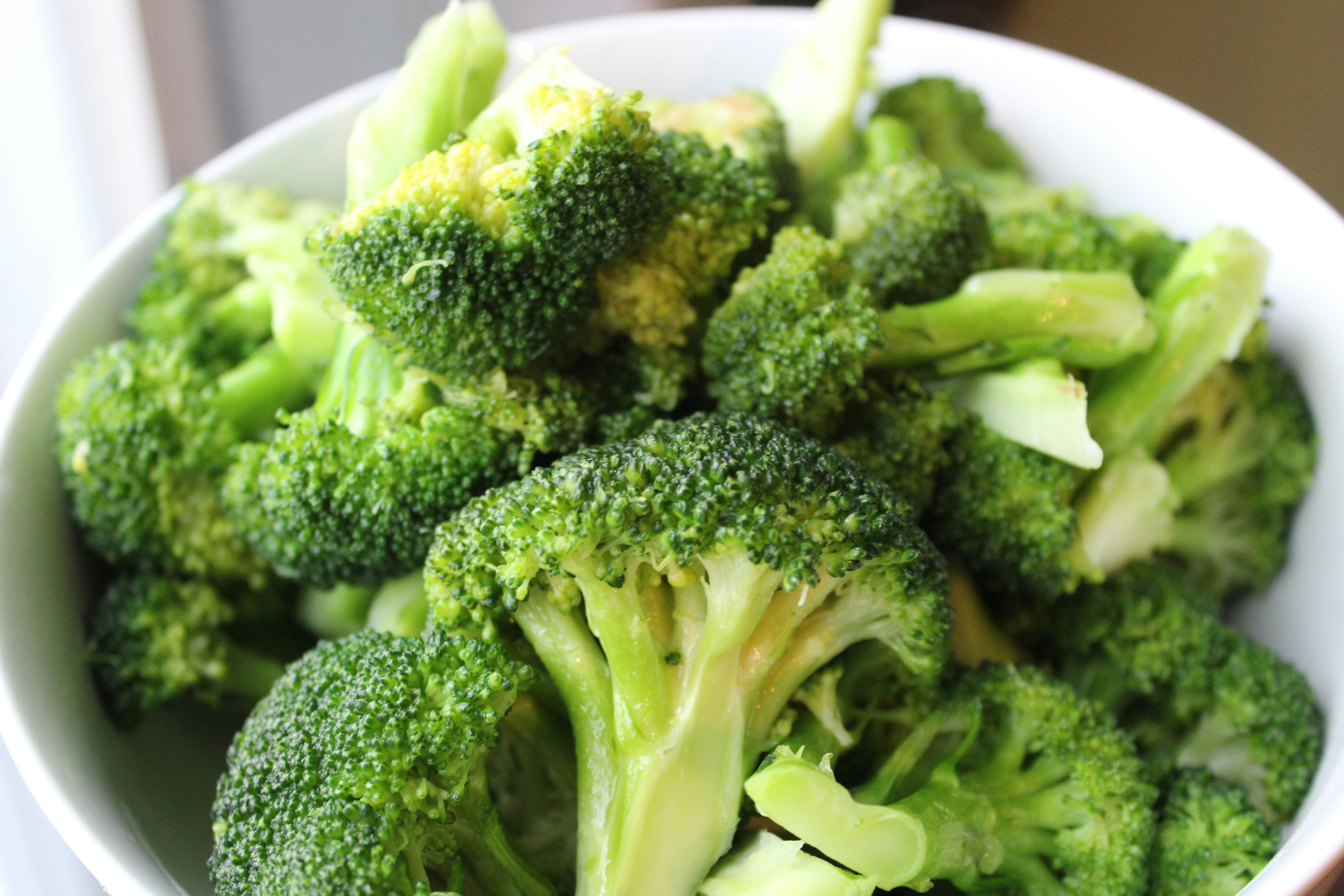 Photo by Tyrrell Fitness And Nutrition on Unsplash
Photo by Tyrrell Fitness And Nutrition on Unsplash
Some foods, despite their high iron content, come with a "handle with care" tag due to other health considerations. Let's explore 10 iron-rich foods that, while beneficial in moderation, you might want to think twice about including regularly in your diet.
1. Liver
Liver is incredibly rich in iron, with just a small serving packing a substantial dose. However, it's also high in cholesterol and vitamin A, which is not good for you in large amounts. Consuming liver more than once a week could lead to vitamin A toxicity, among other issues. Enjoy it sparingly to reap the benefits without the risks.
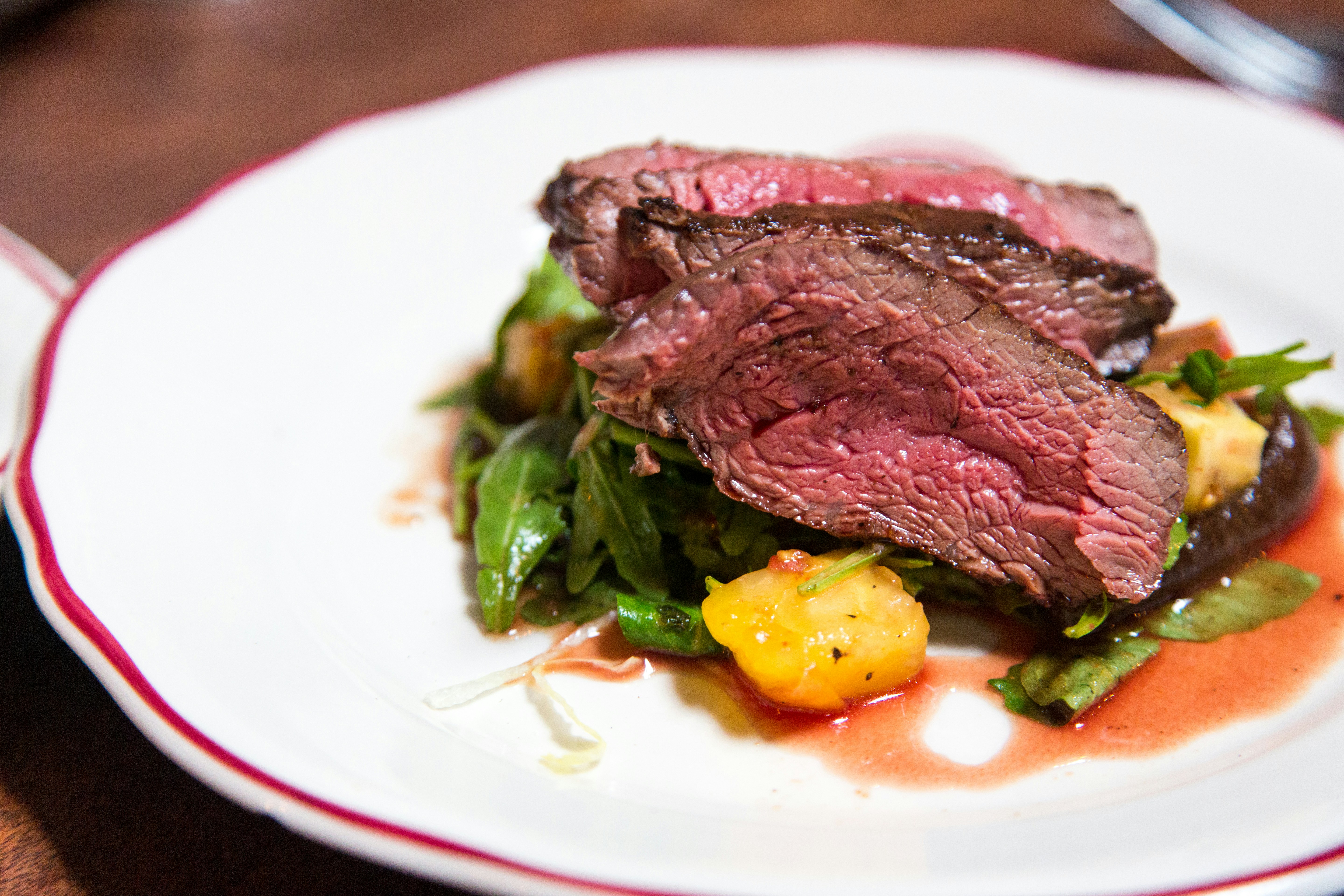 Photo by Jason Leung on Unsplash
Photo by Jason Leung on Unsplash
2. Oysters
Oysters can contain harmful bacteria and heavy metals like mercury, especially if sourced from polluted waters. Regular consumption might increase the risk of foodborne illness and mercury poisoning. Reserve oysters for special occasions and source them from reputable suppliers.
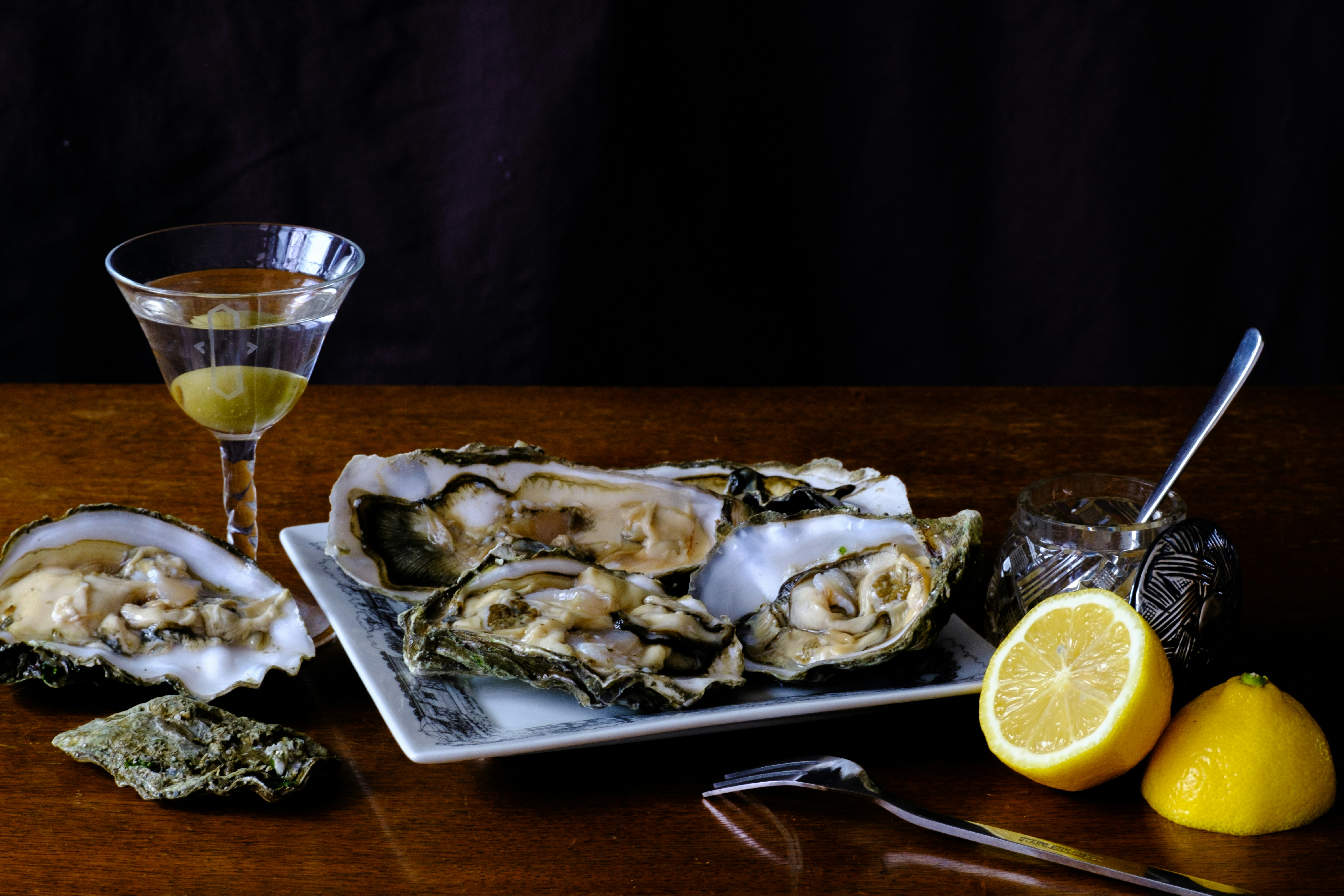 Photo by Garreth Paul on Unsplash
Photo by Garreth Paul on Unsplash
3. Red Meat
Red Meat is well-known for its iron content, but its frequent consumption has been linked to increased risks of heart disease and certain cancers. It's also high in saturated fats, which can impact cholesterol levels. It's wise to limit red meat to a few times a month and opt for lean cuts when you do indulge.
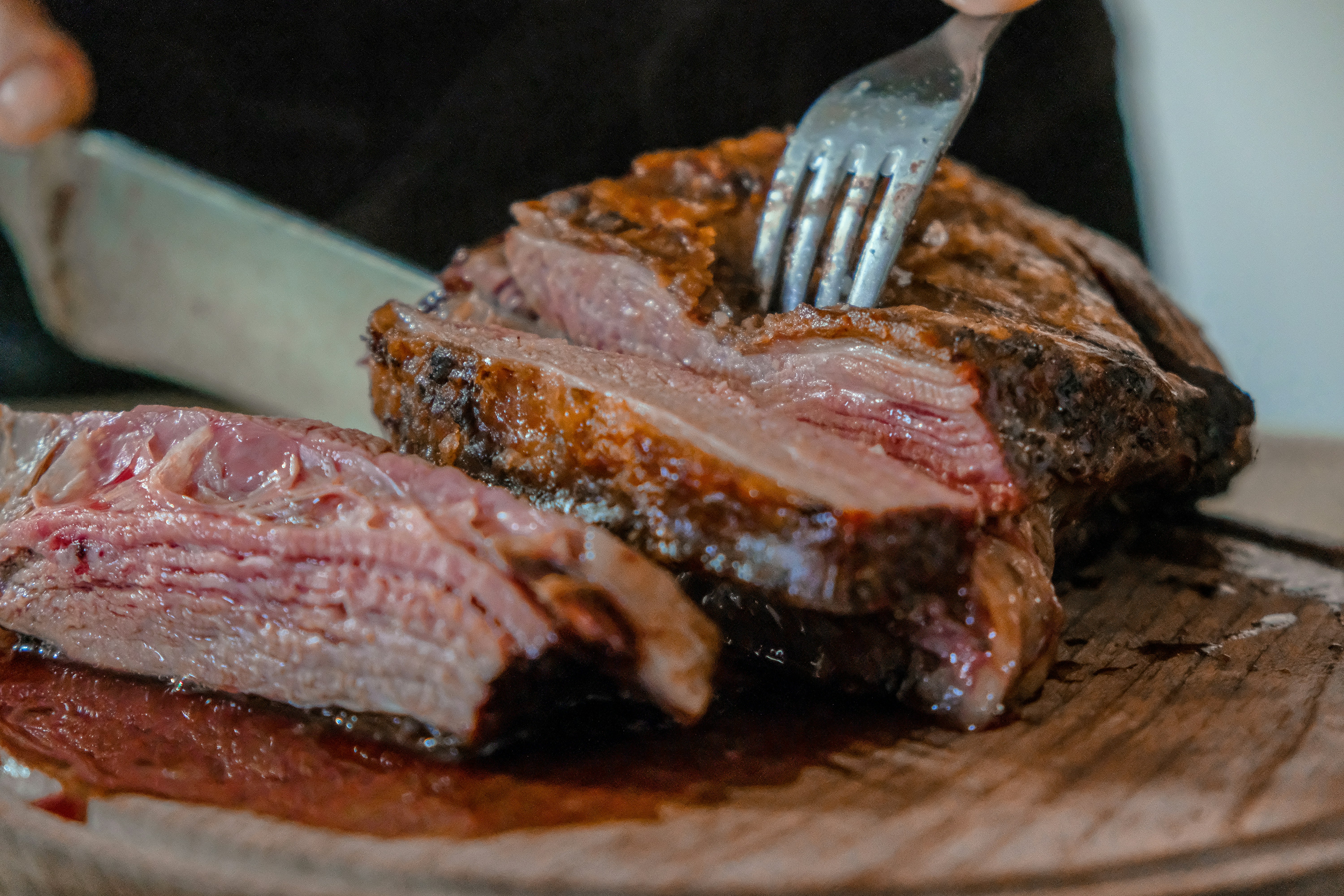 Photo by José Ignacio Pompé on Unsplash
Photo by José Ignacio Pompé on Unsplash
4. Fortified Cereals
Fortified cereals can be a quick iron fix, especially for breakfast, but they're often loaded with added sugars and refined grains. Regular consumption can lead to sugar spikes and contribute to weight gain. Look for whole grain options with lower sugar content for a healthier choice.
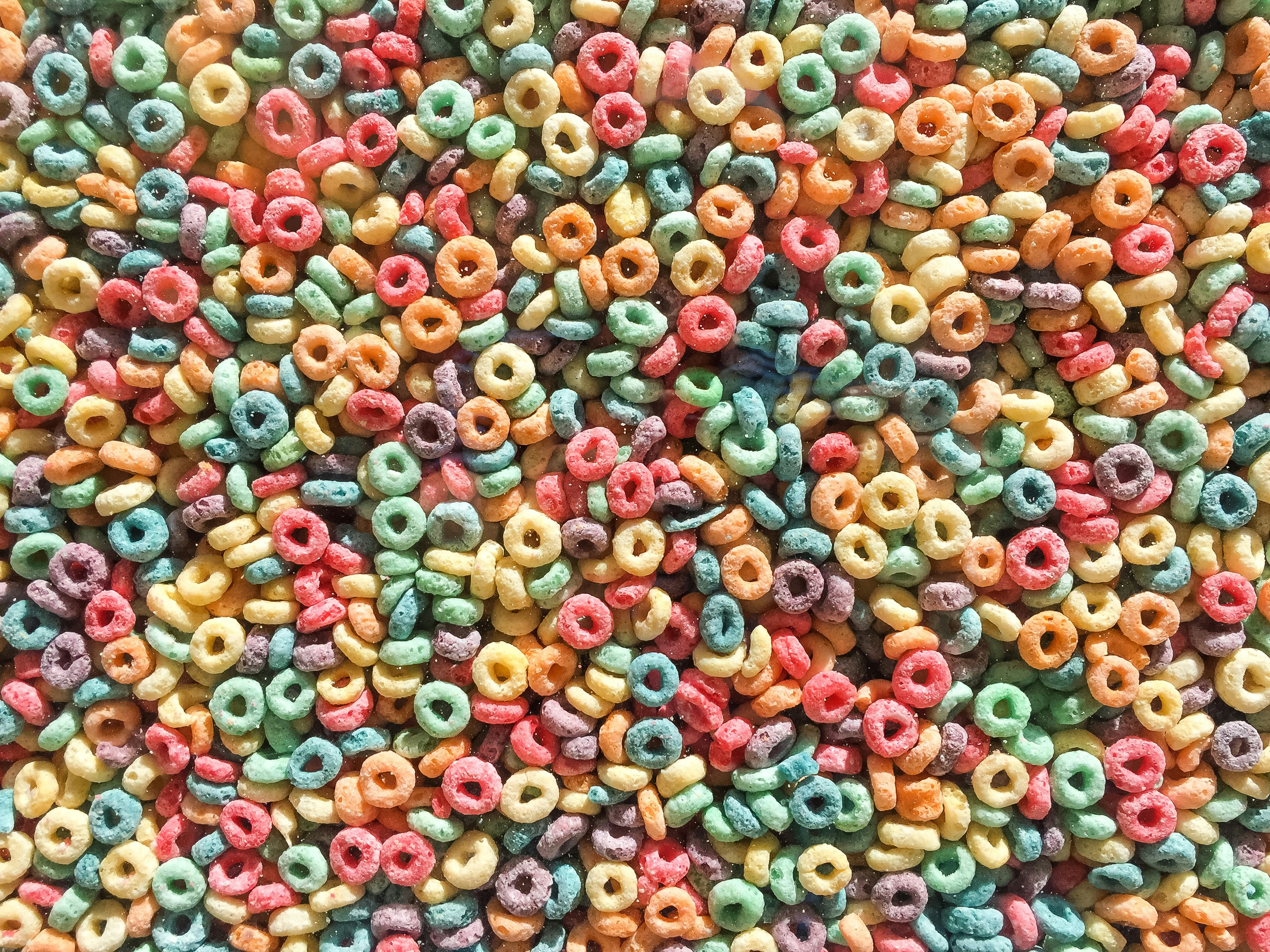 Photo by Etienne Girardet on Unsplash
Photo by Etienne Girardet on Unsplash
5. Canned Tuna
Canned Tuna is a convenient and affordable source of iron. However, like oysters, it can contain mercury, and high levels can lead to mercury accumulation in your body. It's recommended to limit canned tuna intake to a few servings per week, especially for pregnant women and young children.
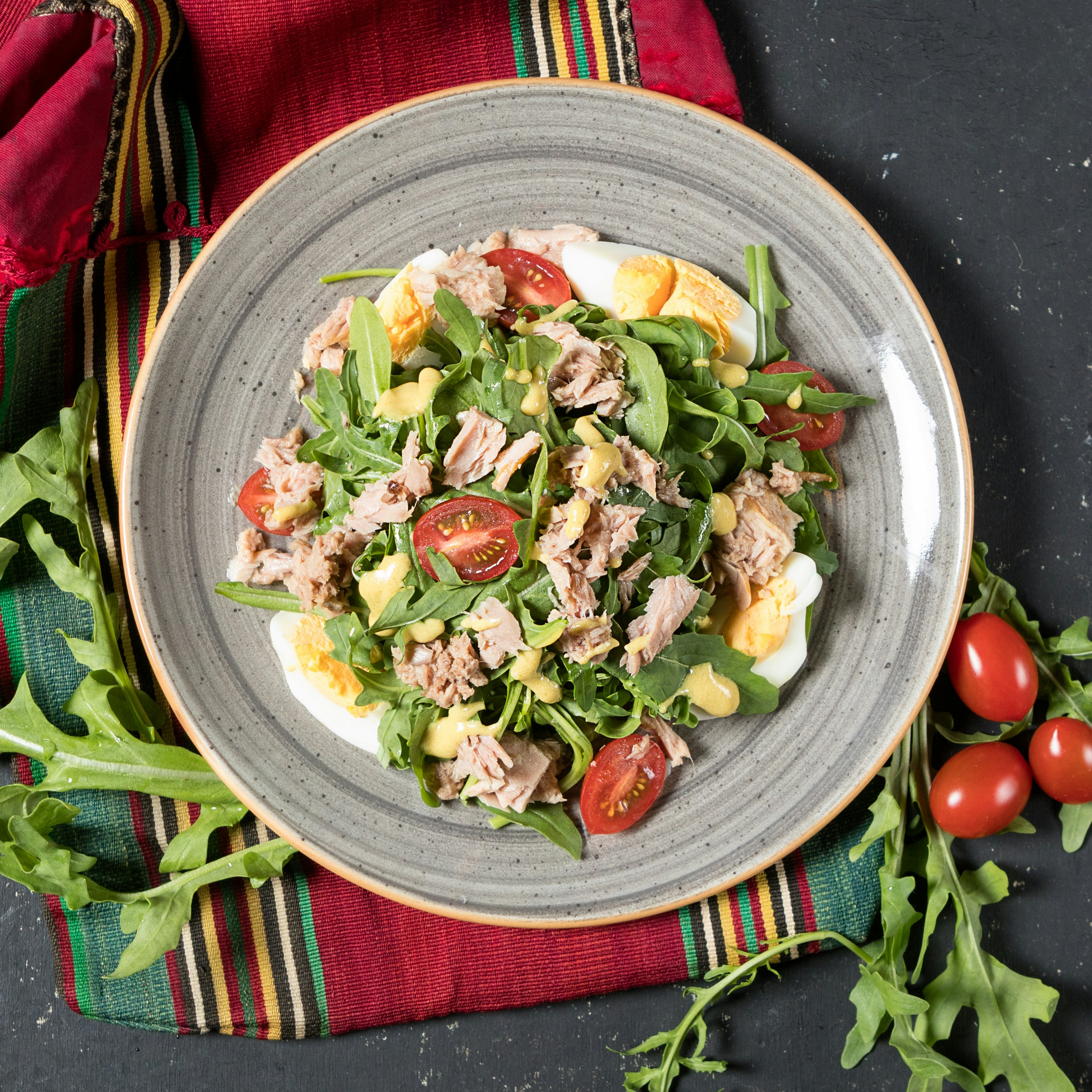 Photo by Farhad Ibrahimzade on Unsplash
Photo by Farhad Ibrahimzade on Unsplash
6. Soybeans
Soybeans are a fantastic plant-based source of iron, but they also contain phytates, which can inhibit iron absorption. In addition, soy products can impact hormone levels due to their phytoestrogen content. Moderation is key, as well as pairing them with vitamin C-rich foods to enhance iron absorption.
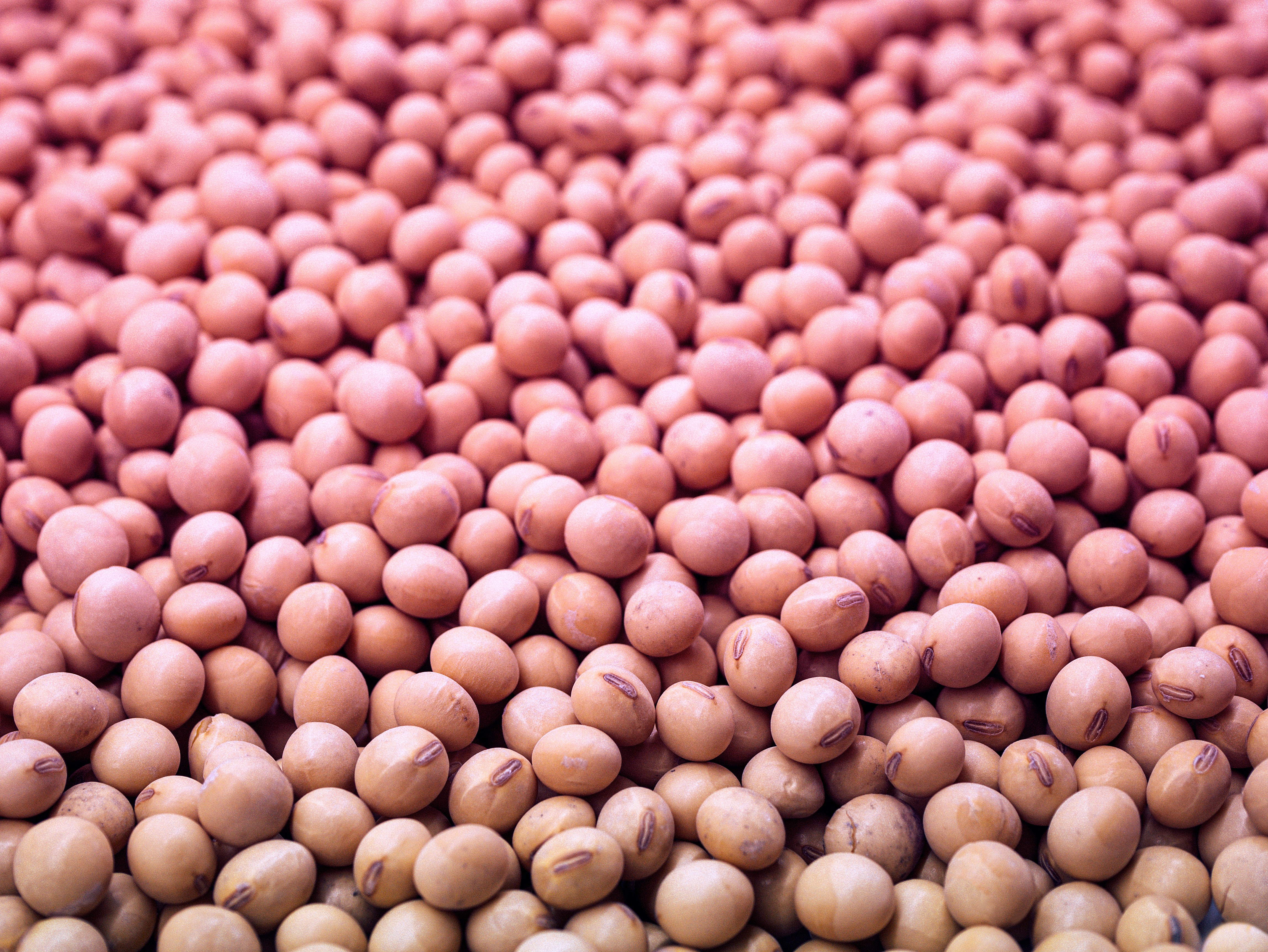 Photo by Daniela Paola Alchapar on Unsplash
Photo by Daniela Paola Alchapar on Unsplash
7. Pork
Pork is another meat that's rich in iron, but it's also high in saturated fats and sodium, especially processed pork products like bacon and sausages. High intake can increase the risk of heart disease and hypertension. Enjoy pork in moderation and opt for lean cuts.
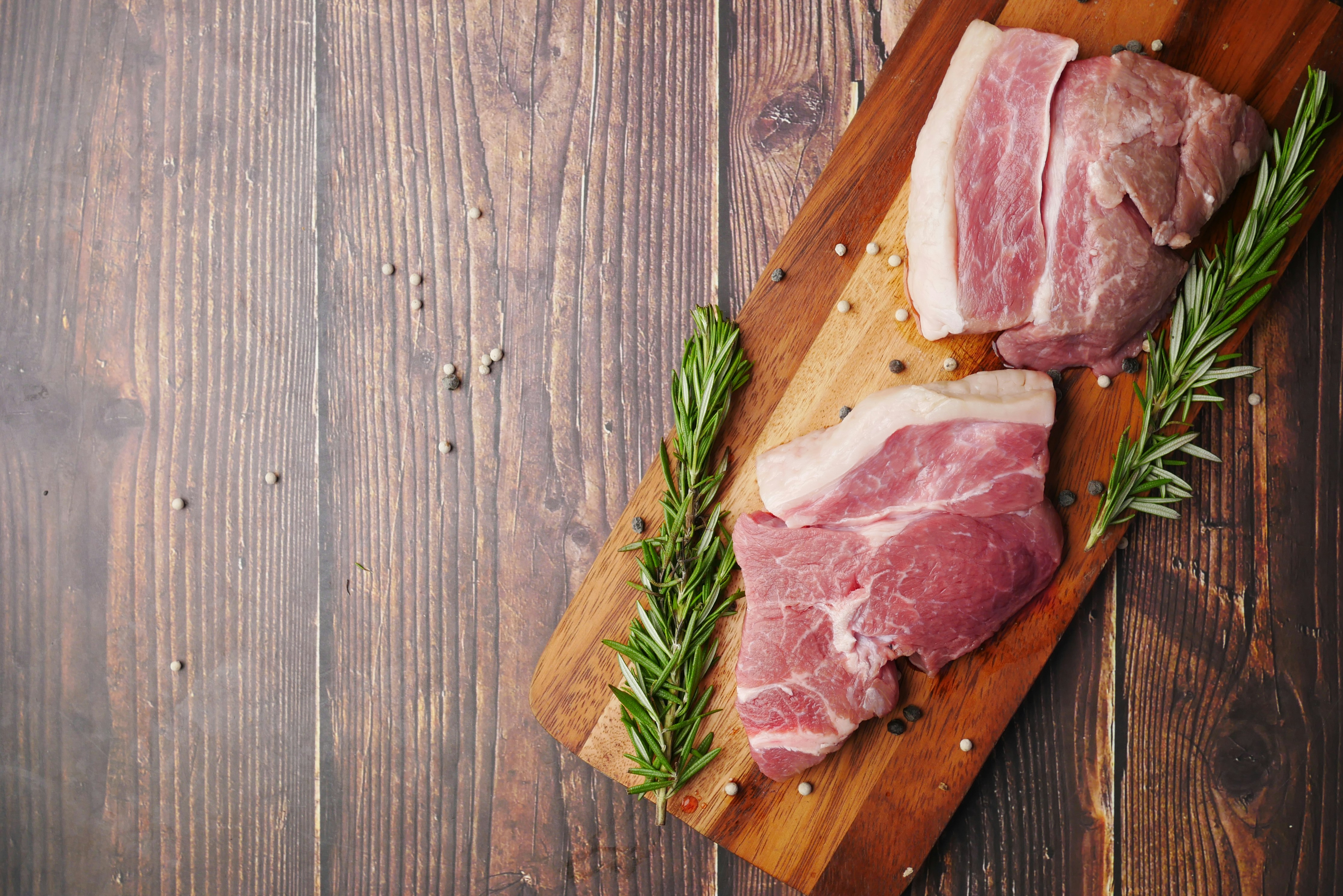 Photo by Towfiqu barbhuiya on Unsplash
Photo by Towfiqu barbhuiya on Unsplash
8. Molasses
Molasses is a sweetener that's surprisingly rich in iron. However, it's still sugar, and too much can lead to weight gain, tooth decay, and increased blood sugar levels. Use it sparingly as a sweetener in baking or to add flavor to porridges.
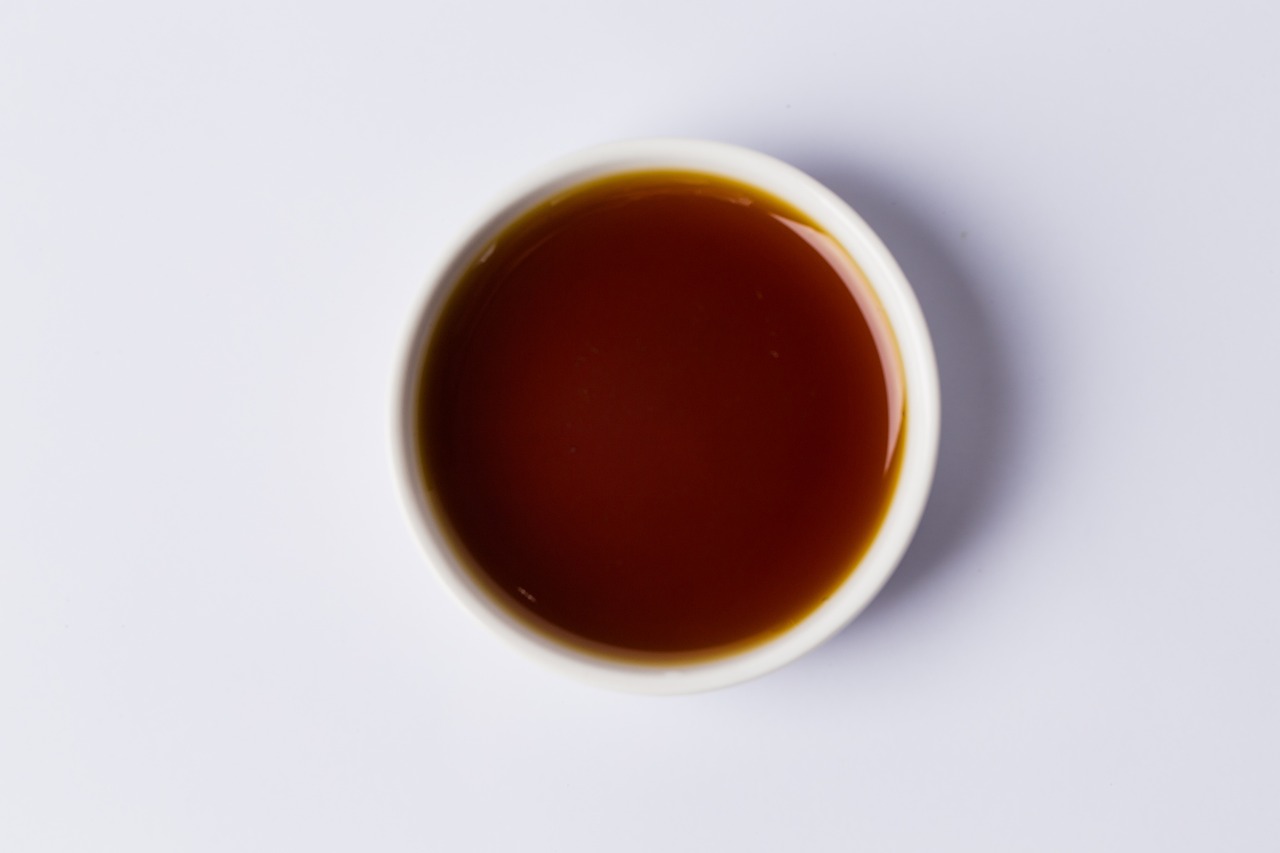 Image by zwei chen from Pixabay
Image by zwei chen from Pixabay
9. Shellfish
Shellfish, such as clams and mussels, are excellent sources of iron. Yet, they may also accumulate toxins and heavy metals from the water they inhabit. Like oysters, consume them in moderation and ensure they come from clean, uncontaminated waters.
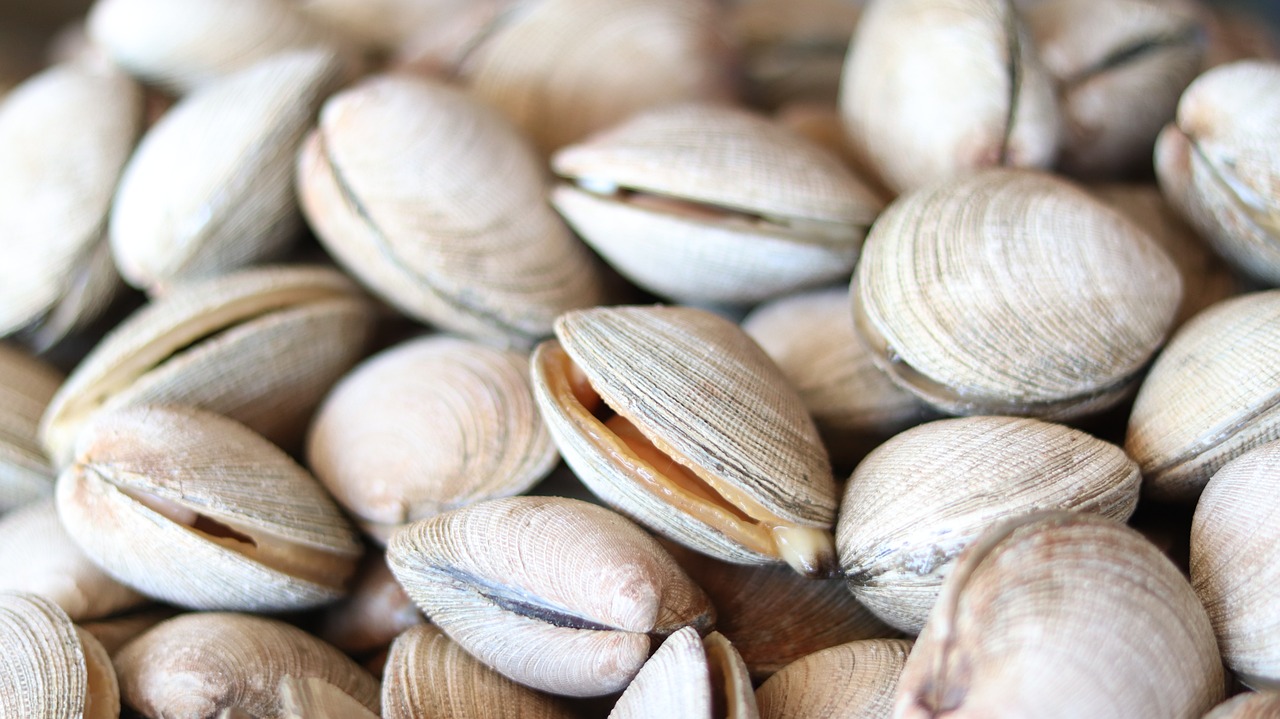 Image by GonzaKnox from Pixabay
Image by GonzaKnox from Pixabay
10. Spinach
Spinach makes both lists because, while it's a healthy, iron-rich vegetable, it also contains oxalates, which can bind to iron and reduce its absorption. Additionally, high consumption of oxalates can contribute to kidney stone formation in susceptible individuals. Enjoy spinach alongside vitamin C-rich foods to boost iron absorption and balance your intake with a variety of other vegetables.
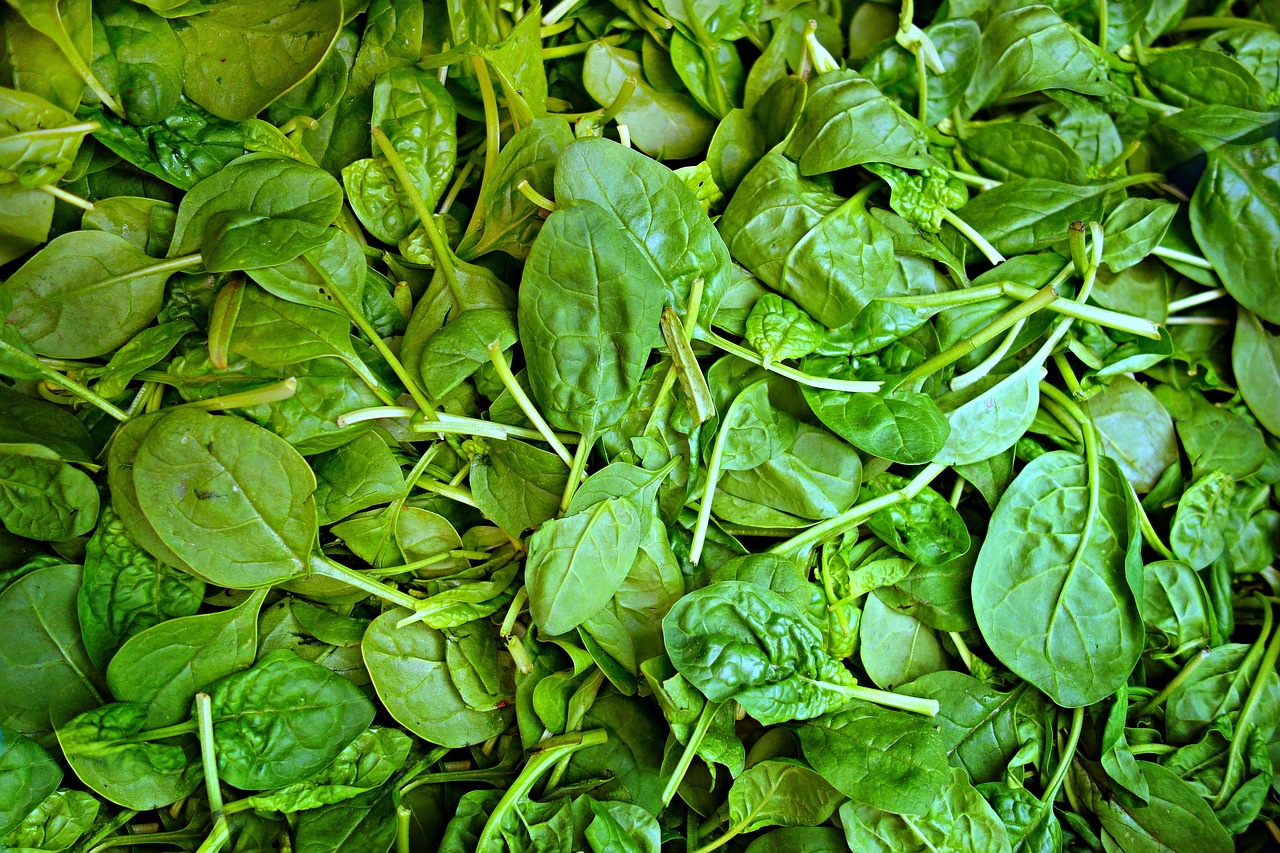 Image by 👀 Mabel Amber, who will one day from Pixabay
Image by 👀 Mabel Amber, who will one day from Pixabay
KEEP ON READING
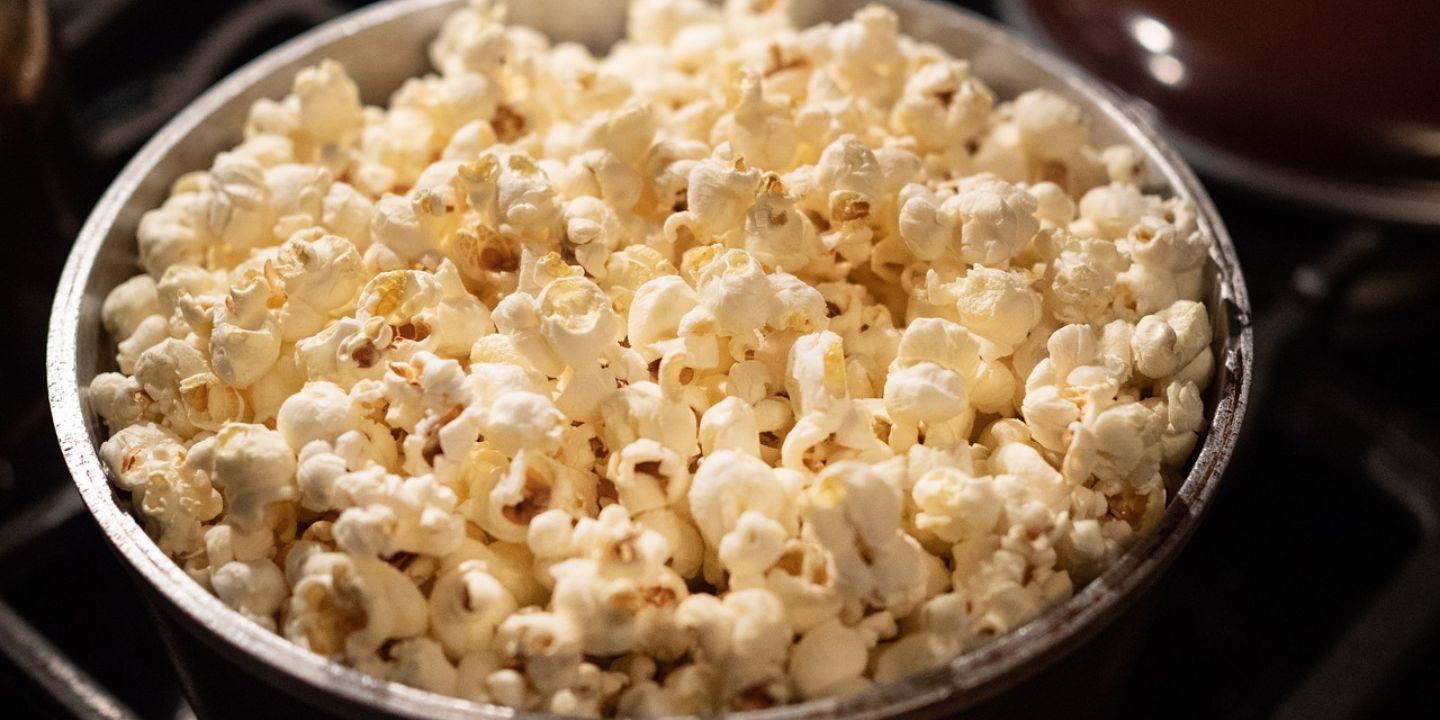
20 Foods With Shocking Origins You'd Never Believe






